

— Blogs —
—Products—
 Consumer hotline +8618073152920
Consumer hotline +8618073152920 WhatsApp:+8615367865107
Address:Room 102, District D, Houhu Industrial Park, Yuelu District, Changsha City, Hunan Province, China
Product knowledge
Time:2025-01-07 20:21:17 Popularity:3835
Hydrology is the study of the distribution, movement and properties of water on Earth and the processes of change. According to different research perspectives and applications, hydrology can be categorized into many types. The following are the two main ways of categorization: according to the object of study and according to the scope of application.
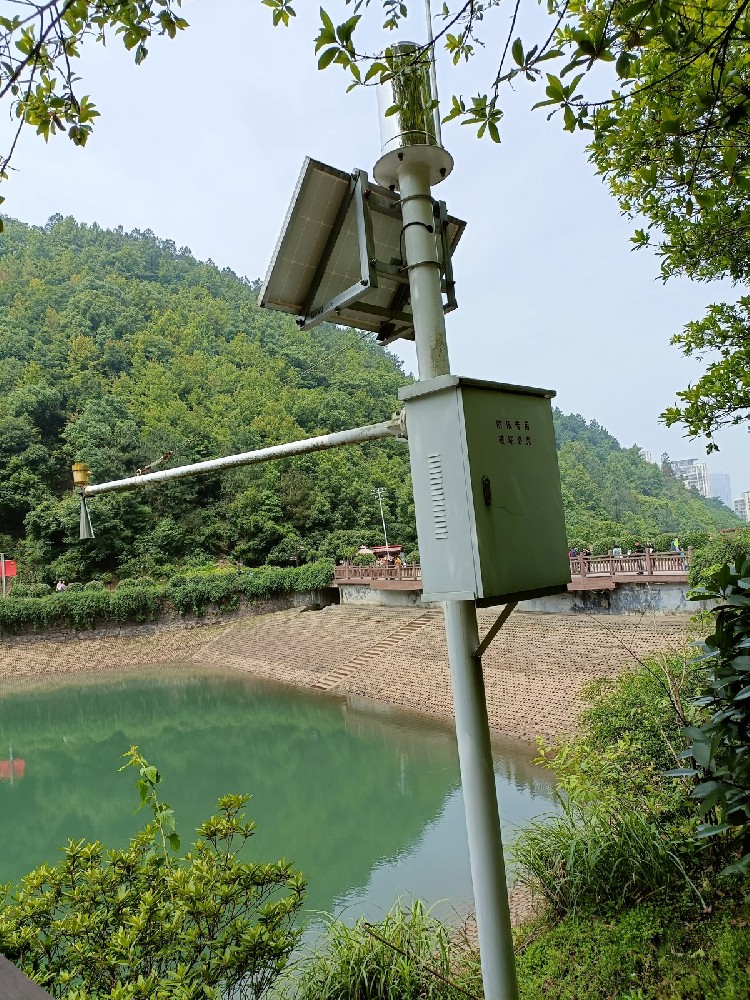
- Research content: mainly study the hydrological phenomena of rivers, including the source of river recharge, runoff process, flood formation mechanism, sediment movement and the interaction between rivers and groundwater, lakes, swamps and other water bodies.
- Application Scenario: River hydrology provides theoretical basis and technical support for river management, flood control and drainage, and water resources management.
- Research content: mainly study the water balance of lakes, lake water movement, lake sedimentation, lake evolution and lake-related disasters (such as lake flooding, cyanobacteria outbreaks) and other issues.
- Application Scenario: Lake hydrology provides scientific basis for lake ecological protection, water resources development, water quality management and disaster warning.
- Research content: It mainly studies the formation, movement and distribution of groundwater, the development, utilization and protection of groundwater resources, as well as the interrelationship between groundwater and surface water.
- Application Scenario: Groundwater hydrology provides technical support for groundwater resources management, drinking water supply, groundwater pollution prevention and control.
- Research content: mainly study the formation, development, movement and ablation of glaciers, the development, utilization and protection of glacier water resources, and the impact of glacier melting on global climate change.
- Application Scenario: Glacier hydrology provides scientific basis for water resource management, climate change research and ecological restoration in glacier areas.
- Swamp hydrology: to study the hydrological phenomena in the swamp area, such as water circulation, the relationship between vegetation and water, and so on.
- Estuarine hydrology: study the hydrological characteristics of estuarine areas, such as salinity change, tidal influence, sediment deposition, etc.
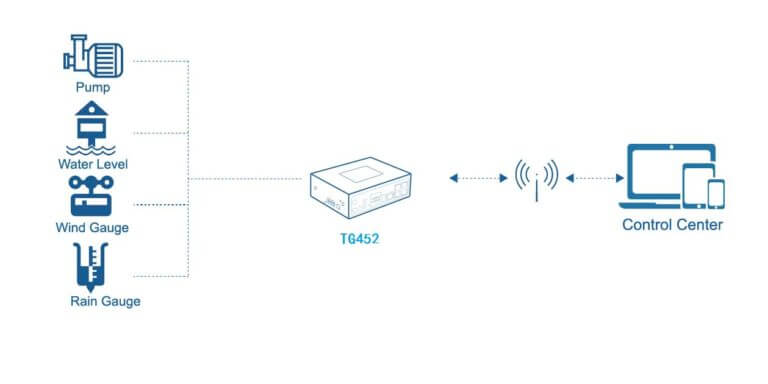
- Research content: mainly for water conservancy, hydropower, water transportation, construction, roads, bridges and other engineering planning, design, construction and operation management to provide hydrological data and hydrological calculations.
- Application Scenario: Engineering hydrology is widely used in the fields of water conservancy engineering design, flood forecasting, reservoir scheduling, and urban drainage system design.
- Research content: mainly study the development and utilization of agricultural water resources, farmland irrigation, drainage, soil moisture conditions, crop water demand and other issues.
- Application Scenario: Agricultural hydrology provides scientific guidance for water resource management, water-saving irrigation technology and soil moisture monitoring in agricultural production.
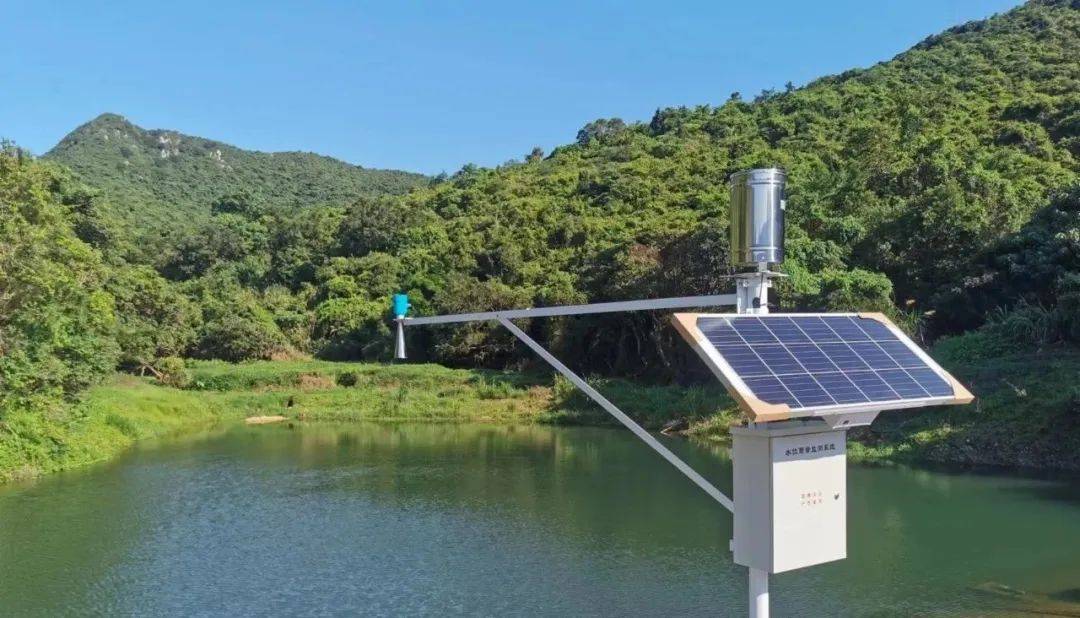
- Research content: It mainly studies the influence of forests on hydrological processes, including the effects of forests on precipitation, runoff, evaporation, soil moisture, etc., as well as the evaluation of the hydrological effects of forests and the development and utilization of forest water resources.
- Application Scenario: Forest hydrology provides scientific basis for forest ecological protection, construction of water conservation forests, and prevention of forest fires.
- Research content: mainly study the hydrological phenomena and hydrological problems in urban areas, such as urban storm water runoff, urban flood control and drainage, urban water resources development, utilization and protection, etc. Application scenario: urban hydrology provides scientific basis for urban ecological protection, water source culvert forest construction, forest fire prevention.
- Application Scenario: Urban Hydrology provides technical support for urban planning, design of rainwater management system, construction of urban flood control and drainage facilities, etc.
- Environmental hydrology: to study the impact of environmental changes on hydrological processes, such as the impact of climate change on water resources, the migration of pollutants in water bodies.
- Ecohydrology: study the interaction between hydrological processes and ecosystems, such as hydrological characteristics of wetland ecosystems, health assessment of river ecosystems.
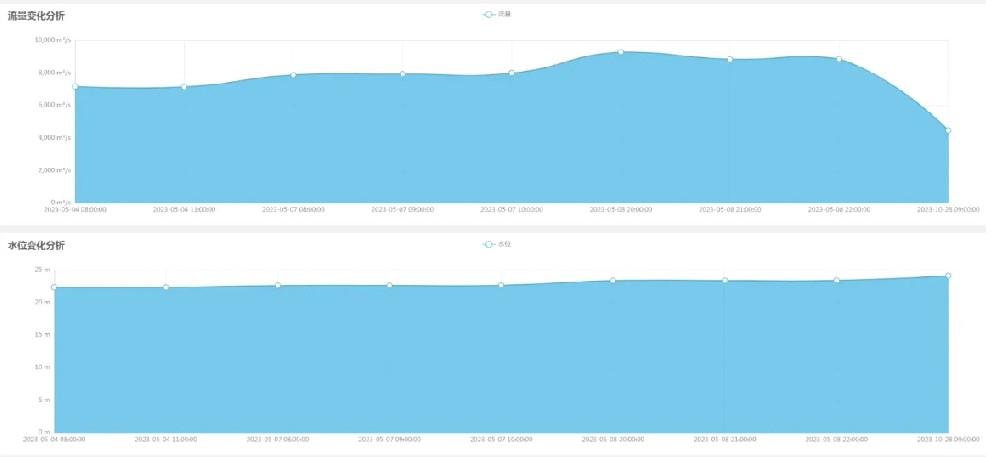
In addition to the above two classifications, hydrology can also be categorized according to different parts of the water cycle:
- Research content: It mainly studies the process, characteristics and distribution law of precipitation, including the source and type of precipitation (such as rain, snow and fog), precipitation amount, precipitation intensity and time distribution of precipitation.
- Application Scenario: Precipitation hydrology provides data support for water resources management, flood prediction and agricultural irrigation.
- Research content: mainly study the distribution, flow, evaporation, infiltration and accumulation of surface water bodies (such as rivers, lakes, reservoirs, etc.).
- Application Scenario: Surface Water Hydrology is used in the fields of flood early warning, watershed management, and water resources allocation.
- Research content: It mainly studies the distribution, movement, storage and extraction of groundwater.
- Application Scenario: Groundwater hydrology provides technical support for groundwater resources management, drinking water supply and prevention of groundwater pollution.
- Research content: It mainly studies the interrelationship between hydrological processes and meteorological factors, especially the influence of precipitation, evaporation, transpiration and other meteorological conditions on hydrological processes.
- Application Scenario: Hydrometeorology is commonly used in the fields of weather forecasting, water resource management, flood prediction, etc., to help predict the impact of weather changes on the water cycle.
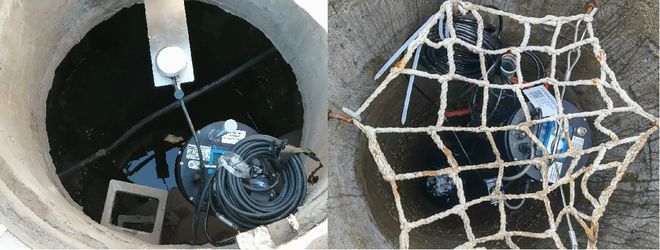
Hydrology can be categorized in several ways as follows:
- Divided by object of study: focuses on different types of water bodies or natural geographic environments, such as rivers, lakes, groundwater, glaciers, and so on.
- Divided by application: focusing on the application of hydrology in different fields, such as engineering, agriculture, forests, cities and so on.
- Divided by water cycle process: focusing on different parts of the water cycle, such as precipitation, surface water, groundwater, hydrometeorology and so on.
Each of these classifications has its own focus, but they are interrelated and complementary, and together they constitute the richness of hydrology as a disciplinary system. Through these classifications, hydrologists can study the movement and change of water more systematically and provide scientific basis for water resources management, environmental protection and sustainable development.
Related recommendations
Sensors & Weather Stations Catalog
Agriculture Sensors and Weather Stations Catalog-NiuBoL.pdf
Weather Stations Catalog-NiuBoL.pdf
Related products
 Combined air temperature and relative humidity sensor
Combined air temperature and relative humidity sensor Soil Moisture Temperature sensor for irrigation
Soil Moisture Temperature sensor for irrigation Soil pH sensor RS485 soil Testing instrument soil ph meter for agriculture
Soil pH sensor RS485 soil Testing instrument soil ph meter for agriculture Wind Speed sensor Output Modbus/RS485/Analog/0-5V/4-20mA
Wind Speed sensor Output Modbus/RS485/Analog/0-5V/4-20mA Tipping bucket rain gauge for weather monitoring auto rainfall sensor RS485/Outdoor/stainless steel
Tipping bucket rain gauge for weather monitoring auto rainfall sensor RS485/Outdoor/stainless steel Pyranometer Solar Radiation Sensor 4-20mA/RS485
Pyranometer Solar Radiation Sensor 4-20mA/RS485
Screenshot, WhatsApp to identify the QR code
WhatsApp number:+8615367865107
(Click on WhatsApp to copy and add friends)
